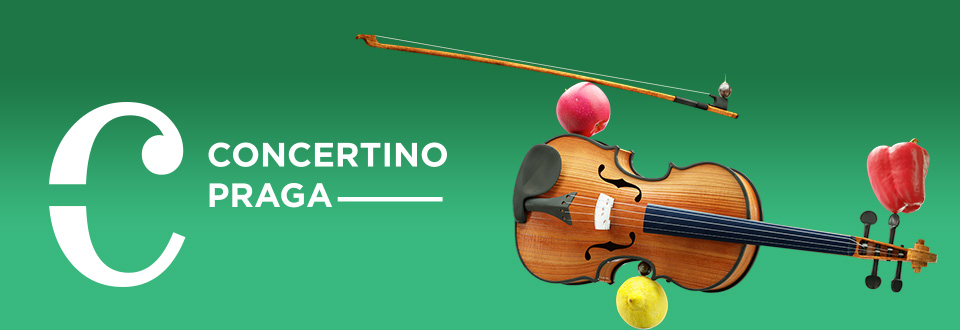A double M.A. graduate Marek Valášek, Ph.D. was born in 1969. He graduated from the Music Faculty of the Academy of Performing Arts in conducting. At the Faculty of Education of Charles University in Prague he specialized in music education and choral conducting. At the Týn School in Prague he studied church choir direction. Within the frame of the Prague Spring music festival 2005, he carried out the Czech premiere of the full-length oratorio Ecce Homo by Jan Hanuš; in November 2005 he recorded Hanuš’s 1st symphony with the Czech Radio Symphonic Orchestra; in November 2009 he performed the Hanuš´s Requiem in the World premiere. In 2006, he was a guest conductor in Vilnius, Lithuania, and in Kyoto, Japan. He is often invited to lead choirmastering courses and to chair choral competition juries. In 2013, he was awarded the prestigious Ferdinand Vach professional prize by the Czech Music Found ation an d the Association of Choral Conductors of the Music Scholars and Performers Association.
Marek Valášek is the principal organist of the Capuchin order in Hradčany, conductor of Piccolo coro & Piccola orchestra; he teaches at the Prague Conservatory (department of music theory) and also conducts all the conservatory choirs. Since 2002, he has been teaching at the Department of Music Education of the Charles University in Prague, he has worked as the head of the Choral conducting since 2011 and since 2018 as the head of Department.
How was your first encounter with the Concertino Praga competition?
As a teacher at the Prague Conservatoire, I have followed the competition performances of individual instrumentalists and ensembles with great interest and pride over many years.
What type of music do you personally like the most?
I prefer vocal and vocal-instrumental music, I enjoy the sound of an orchestra and a small ensemble, but the quality of the interpretation always plays a significant role. I like contemporary music very much.
How do you view artistic competitions and the objectivity of the judging of the performances?
Every competition is unfair in some aspect. Even given the greatest efforts to be objective, the evaluation is always influenced by a subjective impression. In my experience, however, serious juries usually reach some form of consensus.
What do you think about the anonymous method of judging the recordings in comparison with the judging of the live performances?
The evaluation of recordings usually ends up being “a search for errors”. When doing this, I miss the opportunity of being able to see the performer “in action” with the associated emotions, enjoyment, nerves, determination, joy and sadness …
What do you feel is the greatest benefit of music competitions for young musicians?
The benefit of every competition mainly lies in the motivation, as people are able to raise themselves to make enormous efforts before a performance in a highly competitive environment. The option of being able to listen to others is also important at competitions.

